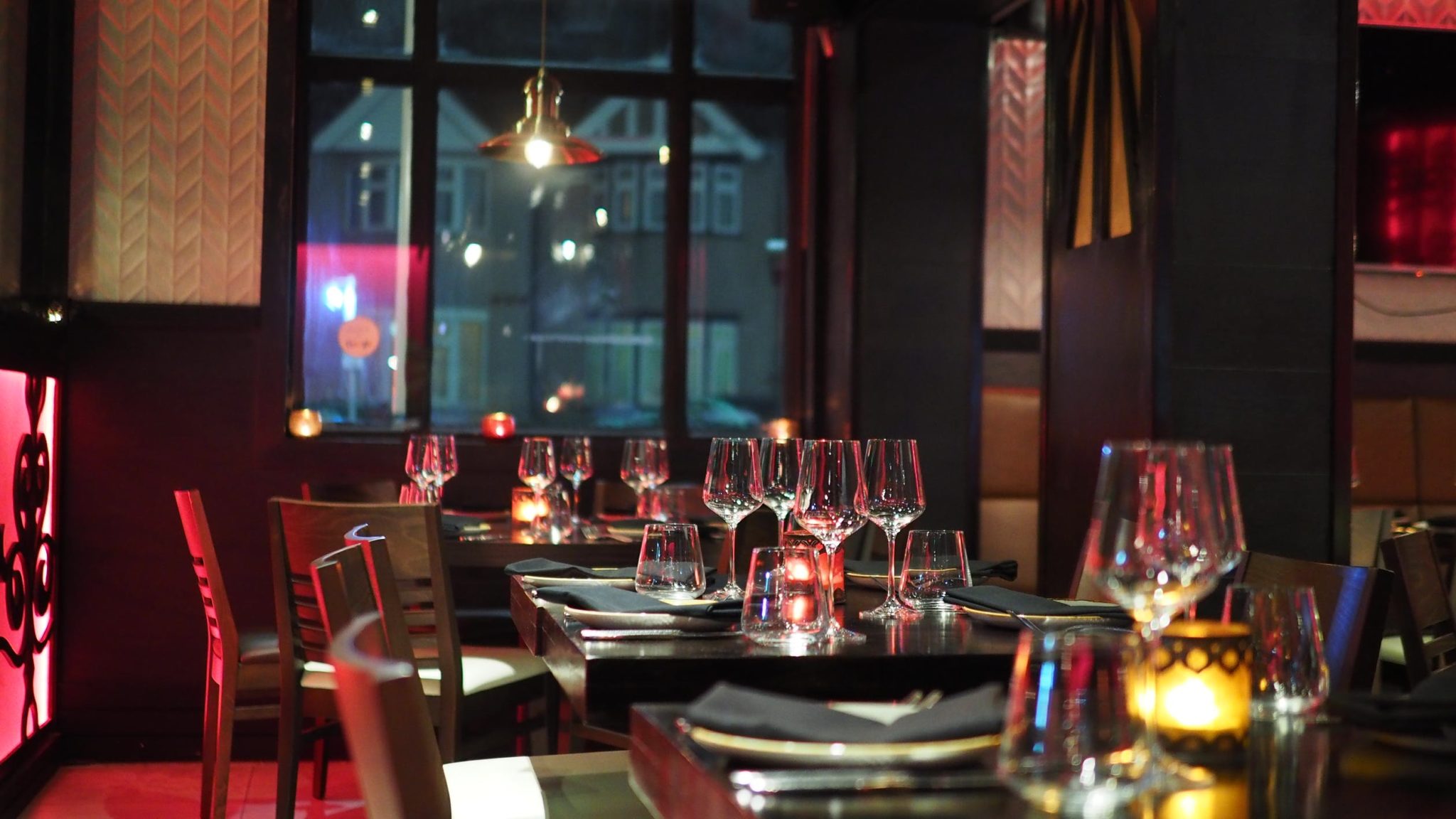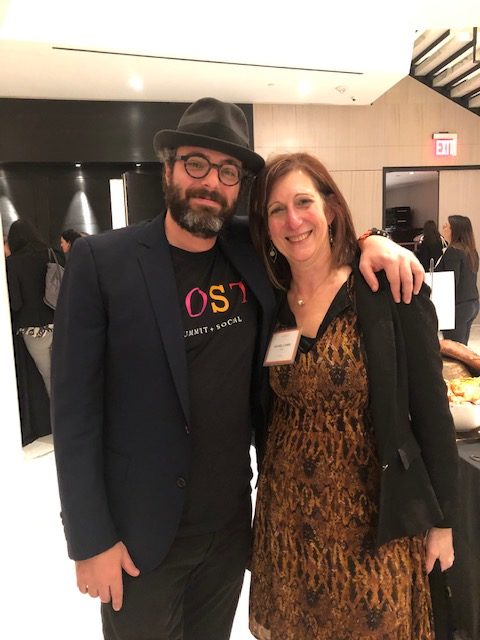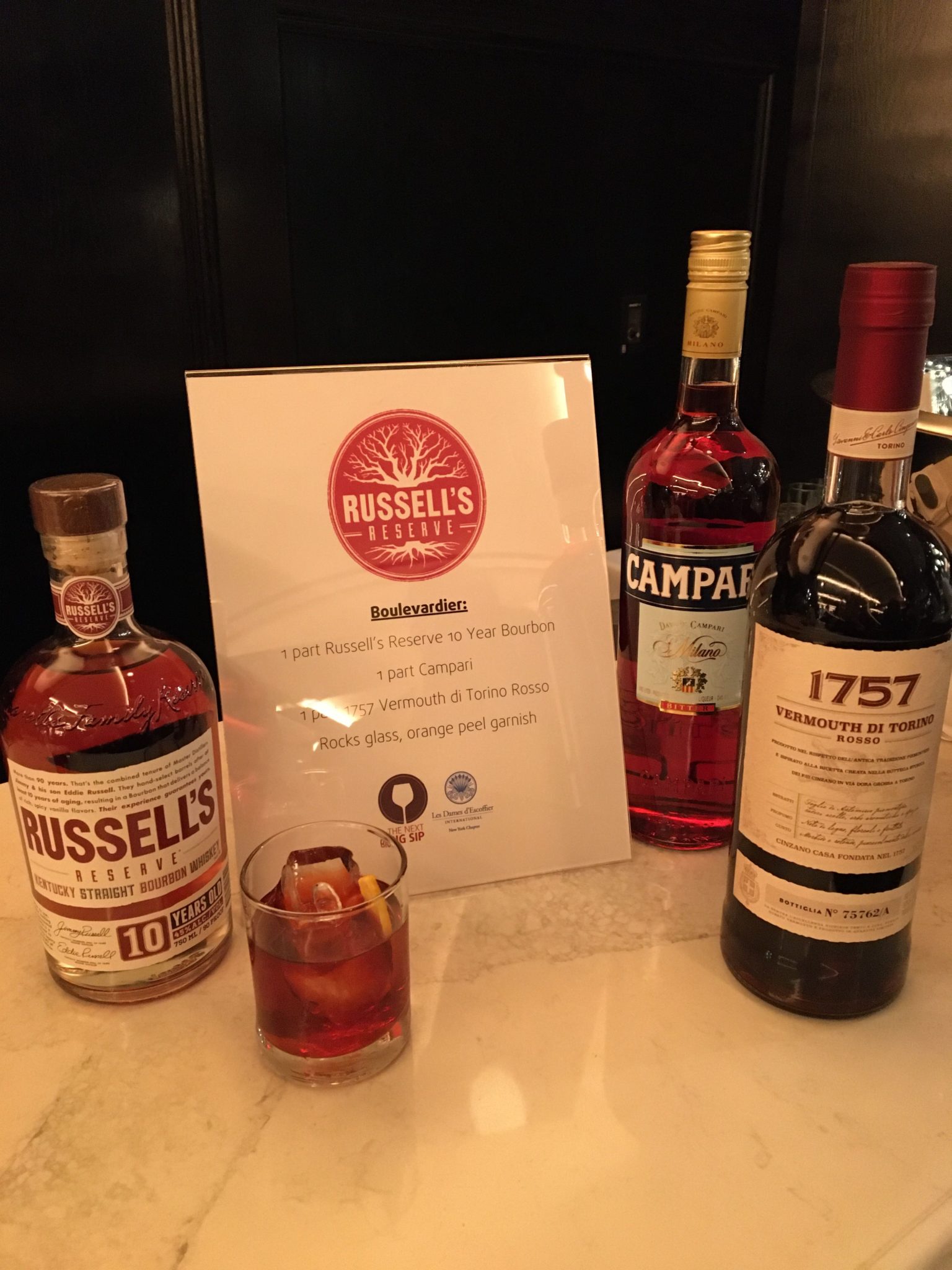
From sustainable practices to tackling issues in the food and fine beverage space, brands can use various marketing strategies for success. And just like other industries, the hospitality and foodservice industries are no different when it comes to requiring a solid marketing strategy. With a reported $863,000,000,000 sales in foodservice this past year, it is definitely a dominant segment in the hospitality space. Rachel Litner, lotus823’s Chief Strategy Officer, recently had the pleasure of attending two interesting events in this area. Read on to hear about some of the key takeaways!
H.O.S.T. SUMMIT + SOCIAL

All in the Industry®, a new media and production company, presented H.O.S.T. SUMMIT + SOCIAL, an all-day, inspirational, interactive, and educational conference about the dynamic hospitality industry. Real estate, hospitality, restaurateurs, media, and design experts tackled top issues and opportunities for the industry.
Topics and passionate conversations that were discussed in the panels included:
- The Making of a Deal: A Real Estate Approach to Hospitality
- Focus on the full picture and create a space that’s comfortable and set up to provide a better experience for the customer.
- Examine all aspects of the restaurant or hotel space. For instance, think about, “how many steps does it take to enter the building, how does it feel to enter the building?”
- Marrying Passion and Purpose
- It is necessary to have a clear vision and business plan for your space.
- Branding in the Digital Age
- Answer the question, “How do I stand out in the changing digital world – and with which mediums?”
- Position restaurants as lifestyle brands.
- Convey your own voice with the right brand fonts, colors, etc., and create an emotional connection with your target audience through customized campaigns or programs that create the specific community surrounding your own distinctive brand.
- State of the Hospitality Business
- Focus on sustainability, from sourcing products to new vendor partnerships.
- Look to innovate restaurants, from the interior design of the kitchen to new chef collaborations.
“The Next Big Sip”

Les Dames d’Escoffier New York, the preeminent organization of women who are leaders in the fields of food, fine beverage, and hospitality, hosted their inaugural event, “The Next Big Sip.” Expert panelists discussed the need for sustainable practices and greater inclusivity in the workplace as some of the pivotal issues facing the wine and spirits industry this year.
Trends that came out of the evening were:
- Climate change is impacting every aspect of the wine conversation, from vinicultural practices to packaging and final sales.
- Education is still accessible only to certain segments of the population because of cost and availability. Restaurants can do their part by training staff.
- Consumers are asking for organic and natural wine, but don’t necessarily use the word sustainable.
- Spirits, Sake, and hard seltzer are making in-roads in the industry across various sectors.
- Women are still underrepresented in the beverage industry and are still compensated less than their male counterparts. Beverage companies are lagging behind CBD companies in this vein, where women are making strides.
- Tariffs are a big uncertainty. Some were pushed to the year 2021, but the beverage industry is concerned about potential impact.








